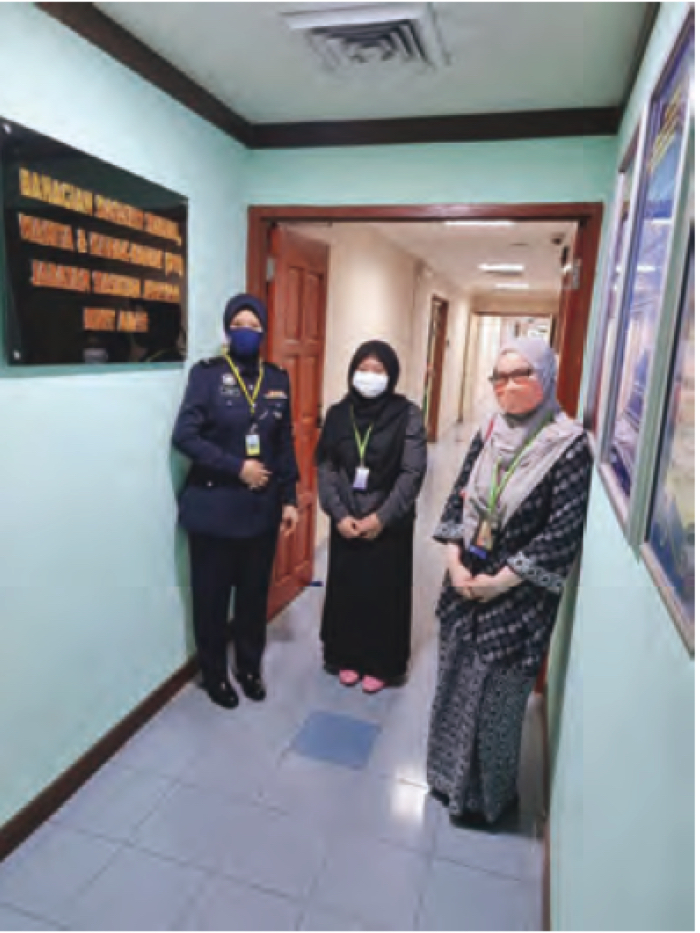- Project Leader : Kohno Ayako (Kyoto University, Graduate School of Medicine)
- Collaborators : Maznah Dahlui (University of Malaya, Faculty of Medicine)
- : Nik Daliana Nik Farid (University of Malaya, Faculty of Medicine)
- : Nyoman Anita Damayanti (University of Airlangga, Faculty of Public Health)
- : Sri Adiningsih (Indonesian Child Protection Body)
- : Siyan Yi (National University of Singapore, Saw Swee Hock School of Public Health)
- : Chhoun Pheak (KHANA)
- : Sakamoto Ryota (Kyoto University, Center for Southeast Asian Studies)
Outline of Research
Baby dumping is beginning to be recognized as a social problem in Southeast Asian countries as the number of reported cases increases. In this study, baby dumping is defined as the act of a mother or her family abandoning her baby immediately after birth. Mothers who dump their babies often want to hide their pregnancy, do not receive prenatal care, and give birth secretly without the presence of a care provider. The purpose of this study is to clarify the factors influencing the practice of baby dumping in Southeast Asia, which have been largely unstudied to date. We plan to conduct a literature review, qualitative studies, questionnaires, and case studies.
Description
Purpose of Research:
1) To investigate the factors that lead to baby dumping in Southeast Asia (particularly in Indonesia, Malaysia, and Cambodia).
2) To elucidate how the phenomenon of baby dumping is percevied both by citizens of Southeast Asian countries and academically and to clarify how the concept of baby dumping is socially constructed.
Despite an increase in reported cases of baby dumping in Southeast Asian countries in recent years, very few academic research on the phenomenon has been published. Access to women who have abandoned their babies is difficult due to the sensitivity of the issue. We aim clarify how social, religious, and cultural structures and changes shape the reality of baby dumping throughout Southeast Asia, particularly investigating the factors that influence pregnant women. The results of the study will be used to generate policy recommendations to reduce baby abandonment in ways that are harmonious within Southeast Asian societies. We hope to contribute to the formulation of social policies and the implementation of strategies to address the problem.
In this study, we plan to uncover a variety of factors that are thought to influence the occurrence of baby dumping. Important keywords and themes will be summarized upon conducting scoping reviews and conducting qualitative research. The results of the questionnaire study will be summarized as variables that may be useful for future studies in order to better understand middle and high school students’ perceptions about the relationship between specific variables (factors) and the occurrence of baby dumping. The qualitative research and case studies will describe the experiences and thoughts of baby dumping from the perspective of mothers and related stakeholders.
 Visit to Malaysian Royal Police Officer in Charge of Baby Dumping in Malaysia |
